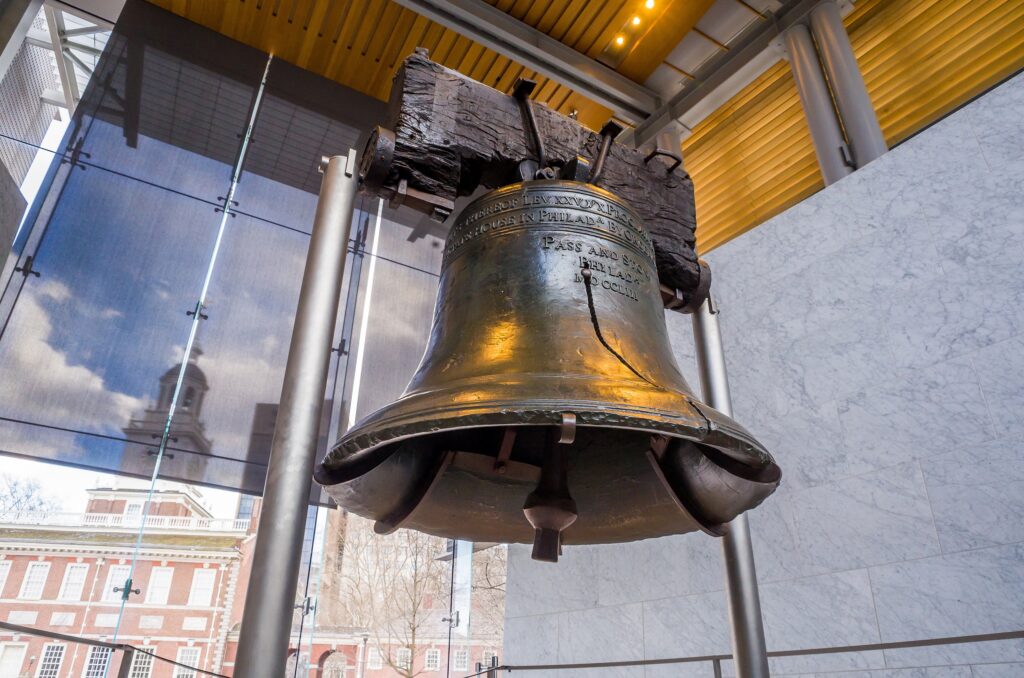What Farm Bill reforms are still possible?
The Senate’s Farm Bill deliberations should wrap up next week, with final approval coming after this week’s recess. That makes this a good time to take stock of what we know and don’t know about what the final bill will look like.
With more than 200 amendments submitted, there are many ideas floating around for ways to improve the bill. Not all those amendments will be considered, but looking at the few amendments that already have been voted up or down, we get a sense of just how much reform the Senate is willing to swallow.
One important improvement already made it into the bill in the form of Amendment 953, which means-tests the crop insurance program. Under the amendment, producers with average adjusted gross income of more $750,000 would see their crop insurance subsidies reduced by 15 percent. While this modest reform – which would be implemented pending a study examining its effects on the overall insurance market, represents a step in the right direction – it barely garnered the votes to pass, clearing the floor 59-33.
A more radical reform to the federal sugar program introduced by Sen. Jeanne Shaheen, D-N.H., failed to pass, as did an amendment to prohibit federal premium support to tobacco farmers. The failure of those amendments is telling, as it suggests any major reforms may be destined for defeat.
So what should reform seekers push for during this final thrust, knowing that only incremental change is possible? When it comes to crop insurance, five more amendments should make the cut:
- Amendment 926, introduced by Shaheen and Sen. Pat Toomey, R-Pa., caps crop insurance premium subsidies at $50,000 per farmer. This amendment would save $3.4 billion over the next ten years, while still providing the same level of benefits for 96 percent of all farmers. It’s a no-brainer in this fiscal climate.
- Amendment 936, by Sens. Jeff Flake, R-Ariz., and Mark Begich, D-Ark., requires full transparency for crop insurance, allowing taxpayers to see who is receiving how much in premium subsidies. Numerous other federal programs contain such requirements, and crop insurance should be no different.
- Amendment 1012, from Flake and Sen. Claire McCaskill, D-Mo., eliminates a provision of the bill that would prevent Congress from negotiating any savings for taxpayers as part of the Standard Reinsurance Agreement with insurance companies. A 2010 renegotiation found $6 billion in savings, and there’s no reason to keep future agreements from finding savings when possible.
- Amendment 1013, by Flake, eliminates subsidies for insurance plans that include a Harvest Price Option. This one amendment could save $7.7 billion over ten years, and you can read more on why it’s a good idea here.
- Amendment 1014, again by Flake, is perhaps the hardest sell. It would reduce the taxpayer share of crop insurance premium subsidies from an average of 62% to 37%. It’s worth noting that this was the level of support as recently as 2000, and would still provide incredibly generous support to farmers.
With these and many other good options for progress on the table, it would be shameful for the Senate to pass the bill as-is. But given the Senate’s record so far, even these modest reforms may be too much to hope for.








